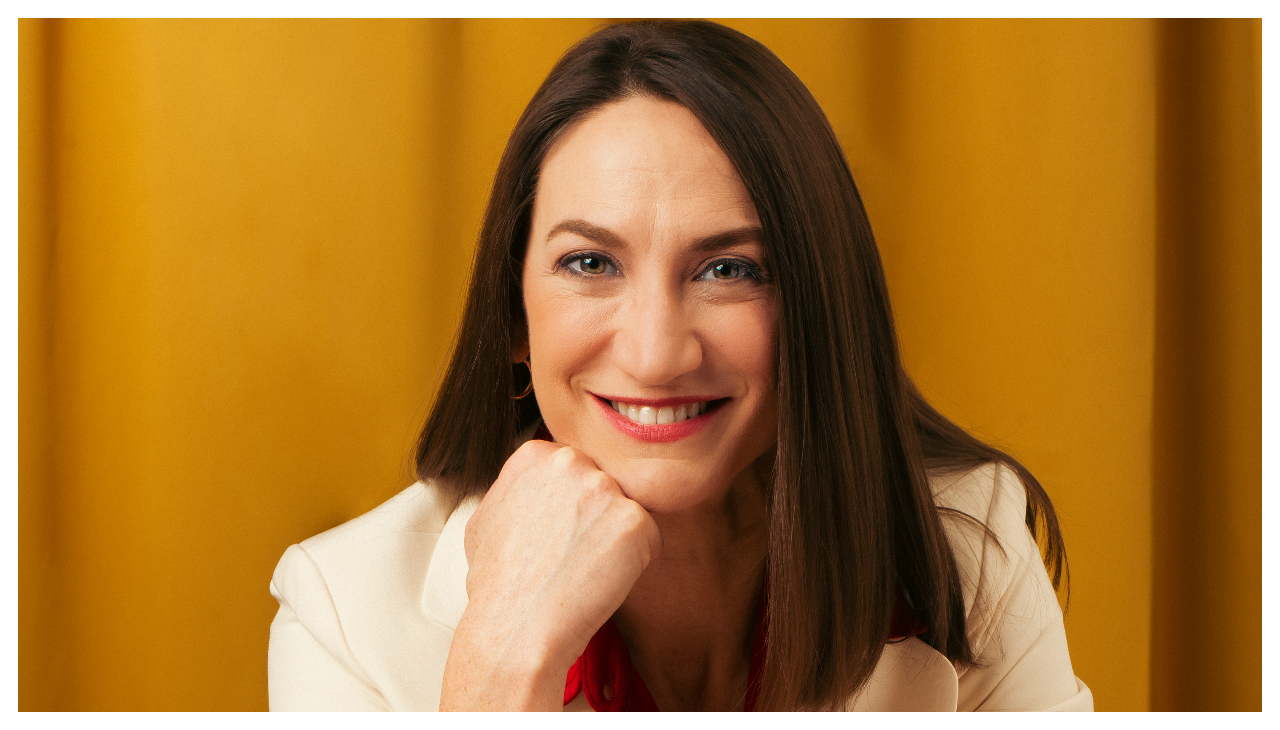
Jenée Chizick-Agüero: Connecting Cultures Through Storytelling
What does it take to go above and beyond with a bilingual publication for students? Jenée Chizick-Agüero provides her insight.
For many hoping to enter the literary field, having published works is a must. However, it is difficult to become published unless you are already working in the field.
But for students, opportunities for exposure, exploration, and self-expression are available for them as they can take their first steps, and with a mentor at the helm to guide them.
Jenée Chizick-Agüero is the founder of and chief mentor at bilingual English/Spanish publication, Motivos magazine, the largest bilingual magazine in the nation that publishes student-written pieces.
Over her career, she has traveled the world, learned multiple languages, provided life-changing experiences to students, and has operated Motivos magazine since 2006.
Motivos magazine is composed of four segments: Cultural Expressions, exploring and uplifting culture, language and ethnicity; La Vida, where important life issues are discussed; College Prep, where resources for students, scholarship details, and advice for students is set; and Career Exploration, where career professionals can provide insight on their work.
Creating a bilingual magazine has brought multiple benefits to Chizick-Agüero’s reader base of 90,000.
One of the largest is that by publishing in both English and Spanish, she can bridge the gap between older, predominantly Spanish-speaking caretakers and the younger, multilingual or English-speaking generations.
“The first generation young person can get the knowledge in [their] native language to keep growing while [they’re] learning English… and the parent can really support the young person and their goals to reach their greatest potential,” Chizick-Agüero said during an interview with AL DÍA.
“It empowers the parent with curated tips from college professionals, admissions folks in the college prep section of the magazine. So the parent can get that, or the grandparent, the caretaker who may be Spanish dominant, now has the knowledge to support their young person in their pursuits and that bridges cultures,” she continued.
For students learning Spanish or English, the magazine proves a useful resource for improving upon their understanding of each language.
With a space for students to share what they have created and to express themselves, they have taken full advantage of it. One such example was the collaborative reading of poetry performed by three students during Motivos magazine's latest launch celebration for the Freedom edition on Feb. 11, 2023.
“I think this world is so fast-paced that writing helps us pause and reflect,” Chizick-Agüero explained. “Students have said this too. It helps them get their thoughts on paper, then they can read it, they can rewrite it, and they can edit it.”
“They can say it out loud and feel more confident about how they're feeling or their own desires, their own dreams,” she added.
Among the opportunities offered between the pages, Chizick-Agüero seeks to go above and beyond in providing experiences that can expand their outlook and approach to their lives.
Early Explorations
For Chizick-Agüero, education has been a staple in her life and the main driver of her approach toward bridging the gaps between people.
As a child, she had a fascination with Japan, haiku poems, and origami, and saved up money to buy an origami book so she could immerse herself in her joy.
Through her dedication, one of her haikus became published in a small book compiled by her fourth-grade teacher, and another poem was selected for publishing in a national church bulletin.
But the issue for the young Chizick-Agüero came in high school when she felt her global studies teacher spent time teaching about China, but had largely passed over Japan.
“In retrospect, I realize that's probably when I first noticed that the people in power, the people in the decision-making rooms filter access to knowledge and frame the information that we receive,” Chizick-Agüero reminisced.
When she was 17, she decided to take the initiative in her learning experience. She applied for and won a full scholarship she had read about in a newsletter. Chizick-Agüero entered an A.F.S. exchange program as a senior in high school and moved to Japan to study abroad.
Naturally, her Japanese high school taught all of its classes in Japanese. To ease her transition, she was placed in a Spanish class, and received pull outs with teachers who spoke some English to assist her in completing her U.S. high school graduation requirements.
When she returned home, she continued taking Japanese courses as a student at Cornell University so she could stay in touch with the friends she had made during her time abroad.
Chizick-Agüero contrasted her learning experience in Japan to that of a 15-year-old Puerto Rican teen who was a newly moved resident of Philadelphia whom she had helped while volunteering with the League of United Latin American Citizens (LULAC) during her master’s program in Bilingual Bicultural Studies in Caribbean Spanish.
Despite her aptitude, because she was tested in English instead of Spanish, her results led her to being placed in a special education track; a stark contrast to the accommodations Chizick-Agüero received abroad in Japan.
Her own drive to go to the source to learn, as with traveling abroad, is something that she seeks to instill in the youth around her today — to not accept the textbook answers or filtered information and instead find out the truth for themselves.
Broadening their horizons
In high school, Chizick-Agüero remembers speaking with a guidance counselor about career options — the two focal choices of becoming an entrepreneur, or working for a magazine.
Out of college, she worked for Horticulture magazine in Boston. Fast forward to today, and in founding Motivos magazine, she has achieved both her goals of working for a magazine and launching her own business.
RELATED CONTENT
With many youth writers working together to co-create Motivos magazine, Chizick-Agüero mentors, encourages, and guides them to explore and experience things that they never would have otherwise.
Drawing from her own travel experiences, Chizick-Agüero has sought to provide opportunities for these youths to broaden their horizons, prioritizing tangible experiences that they can put themselves into.
“If there was money to pour into kids, get them on field trips; get them to travel, get them exposed to something outside of their comfort zone, so that they're cognitively engaged and they're learning, sucking in every minute,” she explained.
One such opportunity Chizick-Agüero provided was bringing members to Honduras to assist in building schools. Another was creating the Motivos Bilingual Media Ambassador Program to bring team members to Colombia for a two-week cultural exchange service project.
Among the content in the magazine are student-created stories, artwork, photographs, and poems. Within the pages, youths can make their first published works, something that can be a major step in their career.
When adults read the magazine, they learn about the younger generation — who they are, what they want, and why they want it. For educators, the magazine provides resources that can be used to support their students.
But resources aren’t the only thing Chizick-Agüero seeks to provide as she strives to become someone who builds bridges between those around her.
Connecting to culture
Chizick-Agüero has always been invested in the exchange of culture, making bonds between people, and crossing the gaps between multiple different groups, be it their cultures, generations, or languages.
“I'm trying to harness the power of media to uplift and inspire, to stretch minds and hearts, to deepen empathy, and build trust. The more we learn about each other across cultural differences, the stronger a community we can become, and the more empathy we can have,” Chizick-Agüero said.
“I feel that the content of the magazine is going to deepen listening skills, because you're listening to people who may not be like you,” she continued.
Similar to how she learned Japanese to connect with those around her, Chizick-Agüero had to find ways to learn Spanish, as well. Though her mother's side is Hispanic, her mother was never taught Spanish.
Chizick-Agüero’s grandfather was discriminated against for speaking Spanish, leading him to not teach his daughter, leaving his granddaughter to take the initiative in learning it and connecting with her Hispanic heritage.
In bringing together people with different stories, cultures, and experiences, Chizick-Agüero has been creating a place where people can share information and exchange ideas, educating each other on who they are and what they can provide each other, crossing barriers to connect.
“If someone is pushing down someone's accent, pushing down someone's language, they're also pushing down their culture,” Chizick-Agüero explained. “If you're pushing down someone's culture, you're pushing down their identity. This happened to my grandfather. If you push down their identity, you push down their self-esteem.”
“Building up the language builds up the culture, builds up the self-esteem, builds up the confidence to move forward in the direction of your dreams,” she concluded.



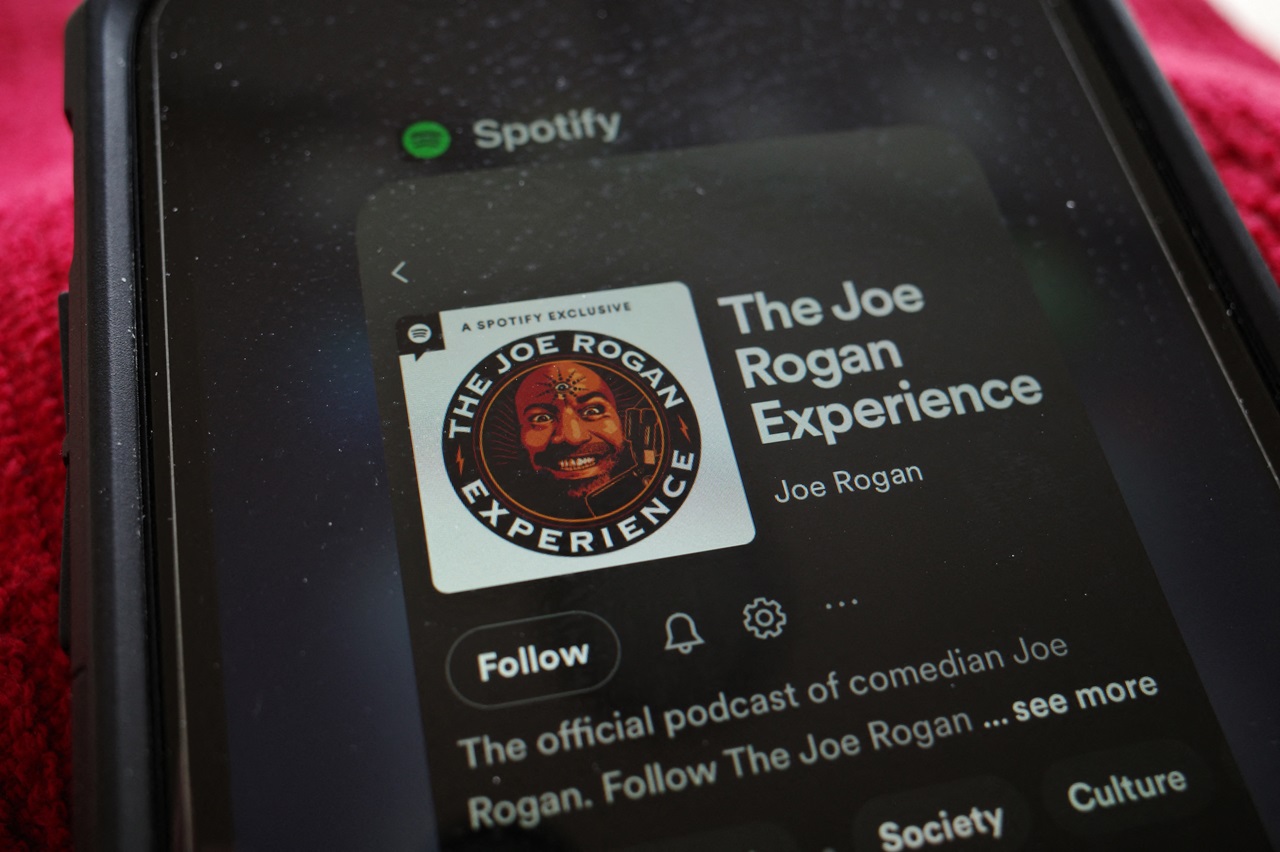
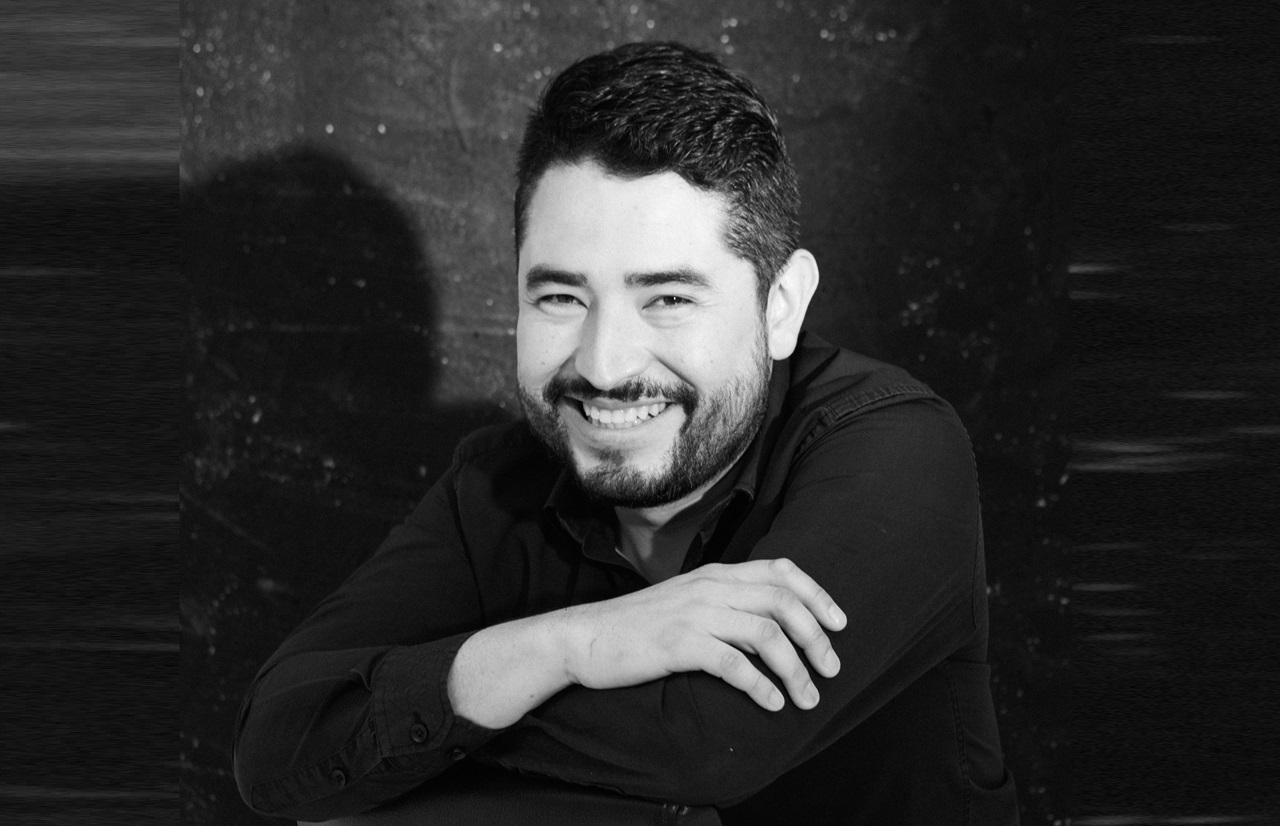

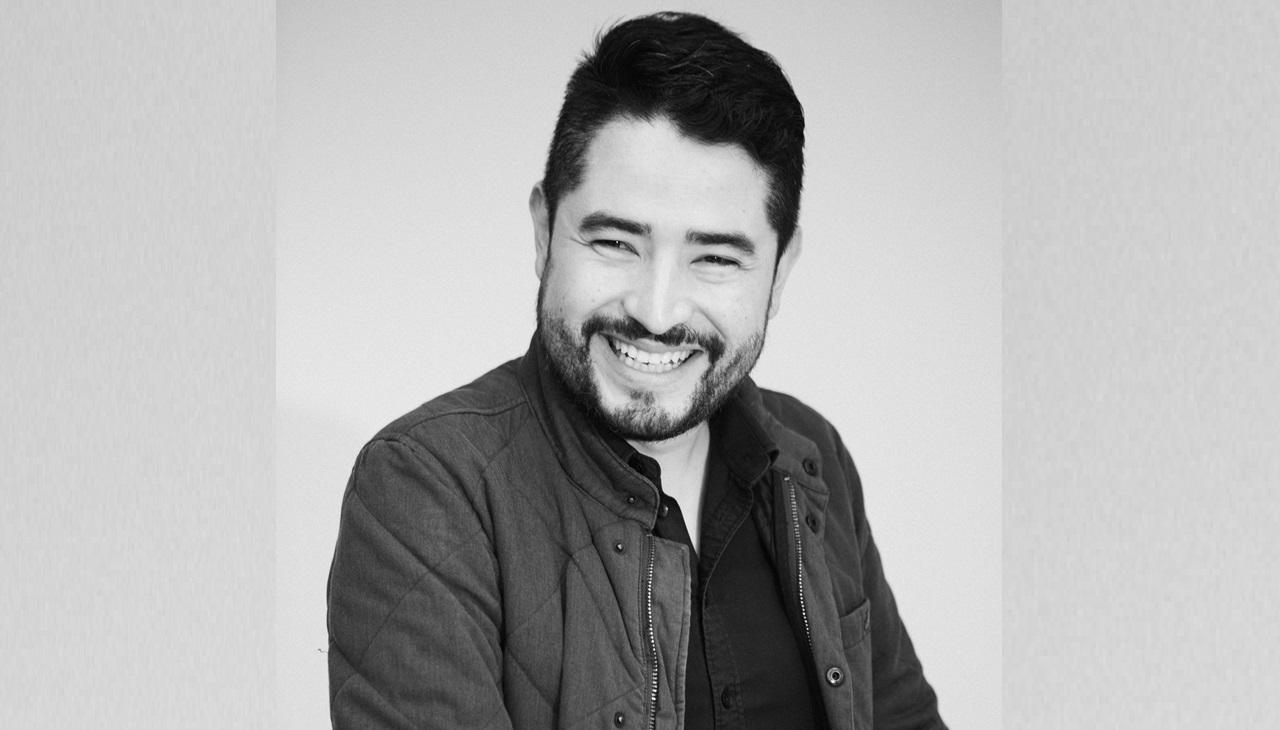
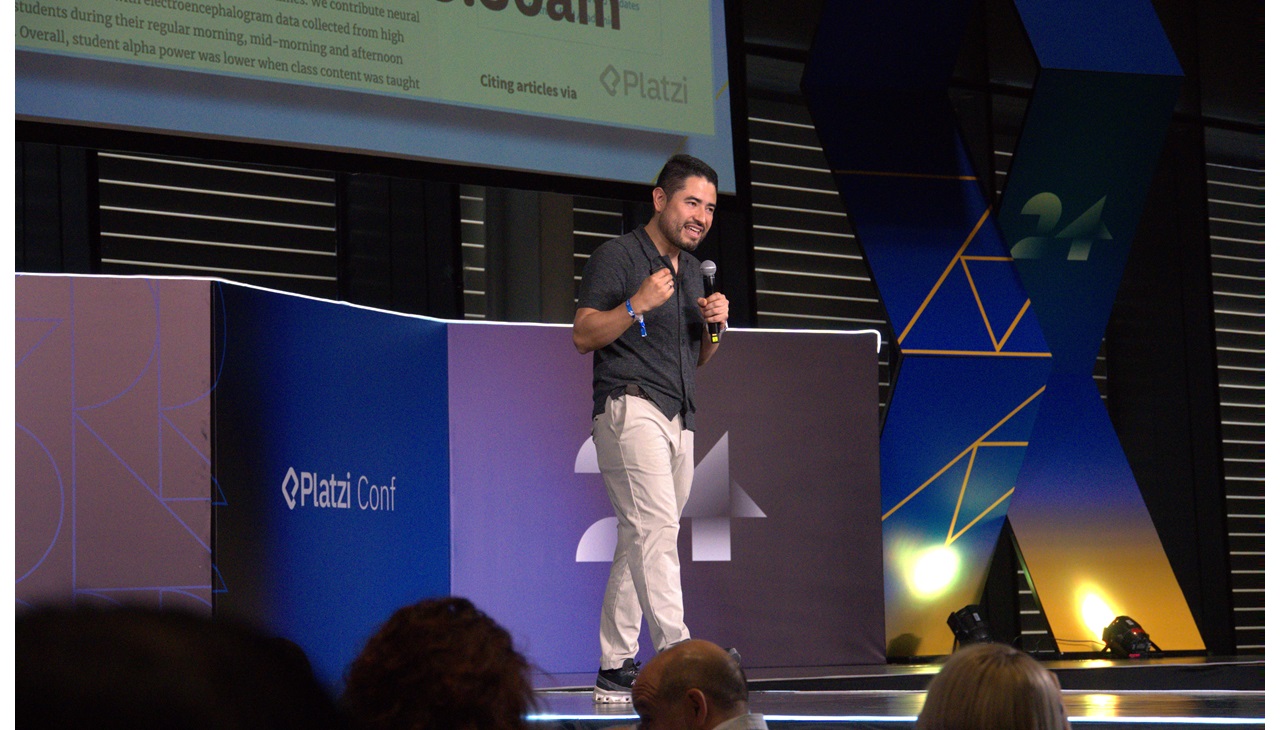


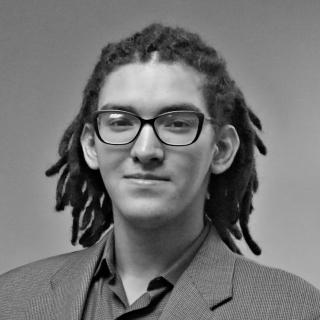
LEAVE A COMMENT:
Join the discussion! Leave a comment.